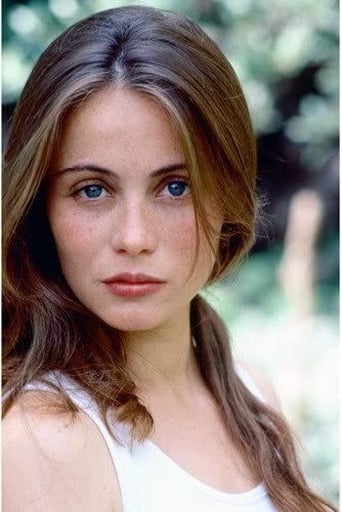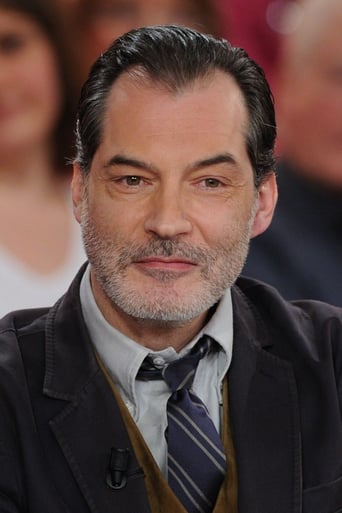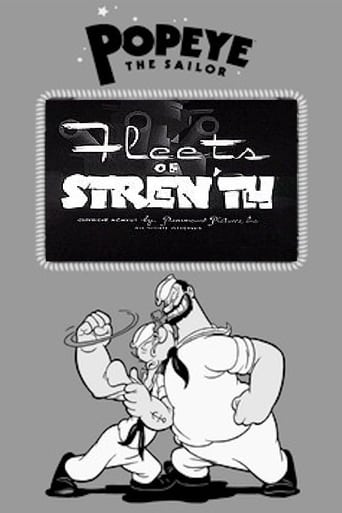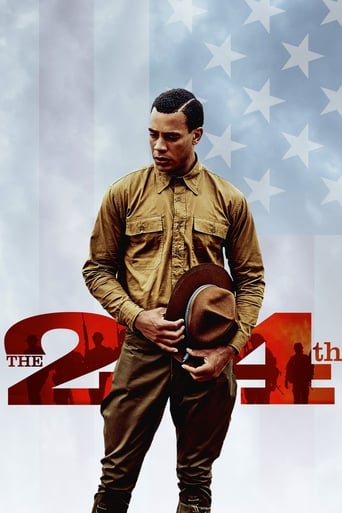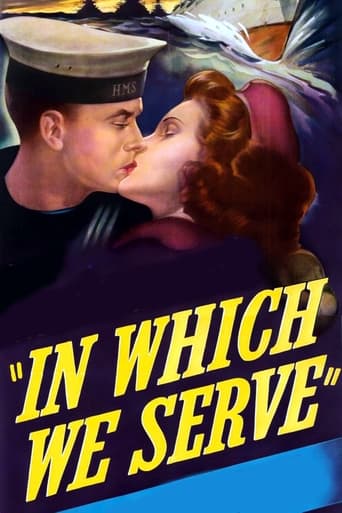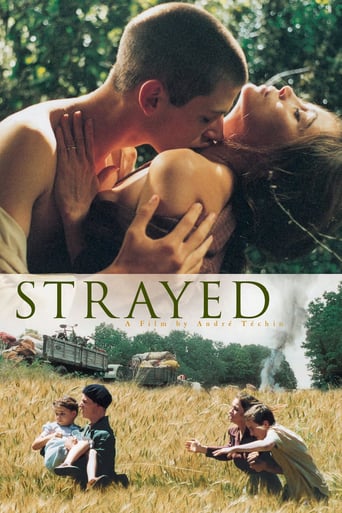
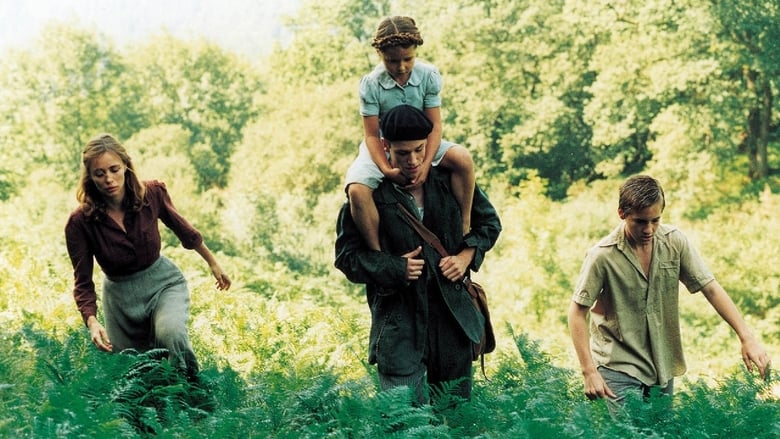
Strayed (2003)
Fleeing the June 1940 arrival of Hitler's army in Paris, a young war widow and her two children are rescued from dive-bombing German fighters by a cocky, reckless teenager. He finds them refuge in an abandoned house, but despite the fact that the family quickly comes to be depending much on his cunning and survival abilities, their cohabitation proves uneasy.
Watch Trailer
Cast


Similar titles
Reviews
Wonderful character development!
Awesome Movie
The story, direction, characters, and writing/dialogue is akin to taking a tranquilizer shot to the neck, but everything else was so well done.
If you like to be scared, if you like to laugh, and if you like to learn a thing or two at the movies, this absolutely cannot be missed.
Before I discuss Strayed I should say that I am a big fan of French cinema and therefore don't agree with the sweeping generalisation that it is over-ponderous and self-important. Strayed however most certainly does conform to this stereotype. It all begins very promisingly with a family running into the woods to escape German bombs and encountering an almost savage seventeen year old youth. The children like him while the widowed mother (played by Beart) is a little more reticent. Unfortunately the film then peters out and the rest of it meanders along with no sense of tension or character development. It is as though the writer came up with what he thought was a good idea, and then after writing a few pages realised that in fact he still had writer's block. The sex with which the film culminates appears to have been added to give the film some spice, but there are simply no preliminaries (at least on the part of Beart's character) to make her sudden rampant desire in any way explicable. The acting is good as is the general mood set by the music and the scenery, but this does not excuse the fact that this film simply has nothing important or interesting to say.
In 1940, while escaping from Paris with her two children, the widowed schoolteacher Odile (Emmanuelle Béart) has her car bombed by the German airplanes and is helped by the mysterious Yvan (Gaspard Ulliel). They move into the forest and the find a huge house, where they decide to lodge themselves. Although being only seventeen years old, Yvan arises the desire in Odile in times of war."Les Égarés" is a beautiful drama of war. The story is very simple, but easy to understand the situation of the ordinary French people when Paris was invaded by the Germans in World War II before the shameful agreement of the governments of these two countries. I love Emmanuelle Béart, one of the best French actresses ever, and her love scene is one of the most sensual and erotic I have ever seen. Amazing how the director André Téchiné was able to shoot so intense eroticism in the dark. I was hypnotized by the beauty of this great actress, but the story is really attractive, original and good. My vote is seven.Title (Brazil): "Anjo da Guerra" ("Angel of War")
Being French and somewhat interested in history, I think I can give my 2 bits on a few questions about this movie:Why does the kid sing a song in German? My idea is that because friendship between France and Germany is now so sacro-saint, the director felt the need to remind viewers that all this was past history and we are now the best of friends. I think this was necessary because of the very graphic and terrifying scenes of refugees being bombed by German planes.Historical movie or individual adventure? I think both. The story is one of individuals cut off from the rest of the world, but the atmosphere of chaos, of loss of values, of breakdown of civilization, of not knowing where to go or what to do, appears to be representative of the way the people who lived through the events felt about them. Gaspard Ulliel, who seems to appear out of nowhere, as if a product of the times, personifies very well this feeling of chaos. Some also lived that period as a holiday from their everyday lives - if they were unattached and could fend for themselves. Alphonse Boudard's autobiographical book "Les combattants du petit bonheur" captures that outlook.The fact that they are cut off from the rest of the world makes the movie more present, like something that could be happening here and now. Most of the time you don't get the usual distraction of local color - costumes, old cars, etc- to show that this really is the past. Personally I get annoyed at movies that use sepia coloring, or historical allusions like famous news radio broadcasts so that you can't forget for a moment the distance between then and now.Moreover I think this movie fits into a trend of recent studies of history. A lot of books or documentaries on historical events stress the importance of understanding individual experiences to get a glimpse of the big picture.
"Strayed (Les Égarés)" can't quite decide if it's a grittily realistic World War II drama or one of those let's-set-up-a-plausibly-extreme-situation-and-see-how-humans-react games. The believable set-up of a widow and two children amidst frightened refugees fleeing Paris in 1940 is reinforced with intercuts of black-and-white newsreel-type footage. The second act in an isolated farmhouse with a helpful teenage boy suspiciously strains credulity, but the acting, particularly by Emmanuelle Béart, convinces us to accept the exploration of humanity. But the arrival of retreating soldiers just confuses the bifurcation as it overlays both genres such that we just don't understand the characters' motivations in the climax, whether as realism or metaphor. As in writer/director André Téchiné's "Alice and Martin," there's a final coda that adds new information on a character to change your perceptions. The novel it is based on does not appear to be available in English to see what he changed from the source material. It is also possible Téchiné is making points about French political history, of which I was only able to pick up a few of the references as I know little about Vichy France, such as the house they are squatting in belongs to a Jewish musician who clearly will not be returning and the son's example of cultured singing is a German lieder. The cinematography by Agnès Godard is beautiful.


